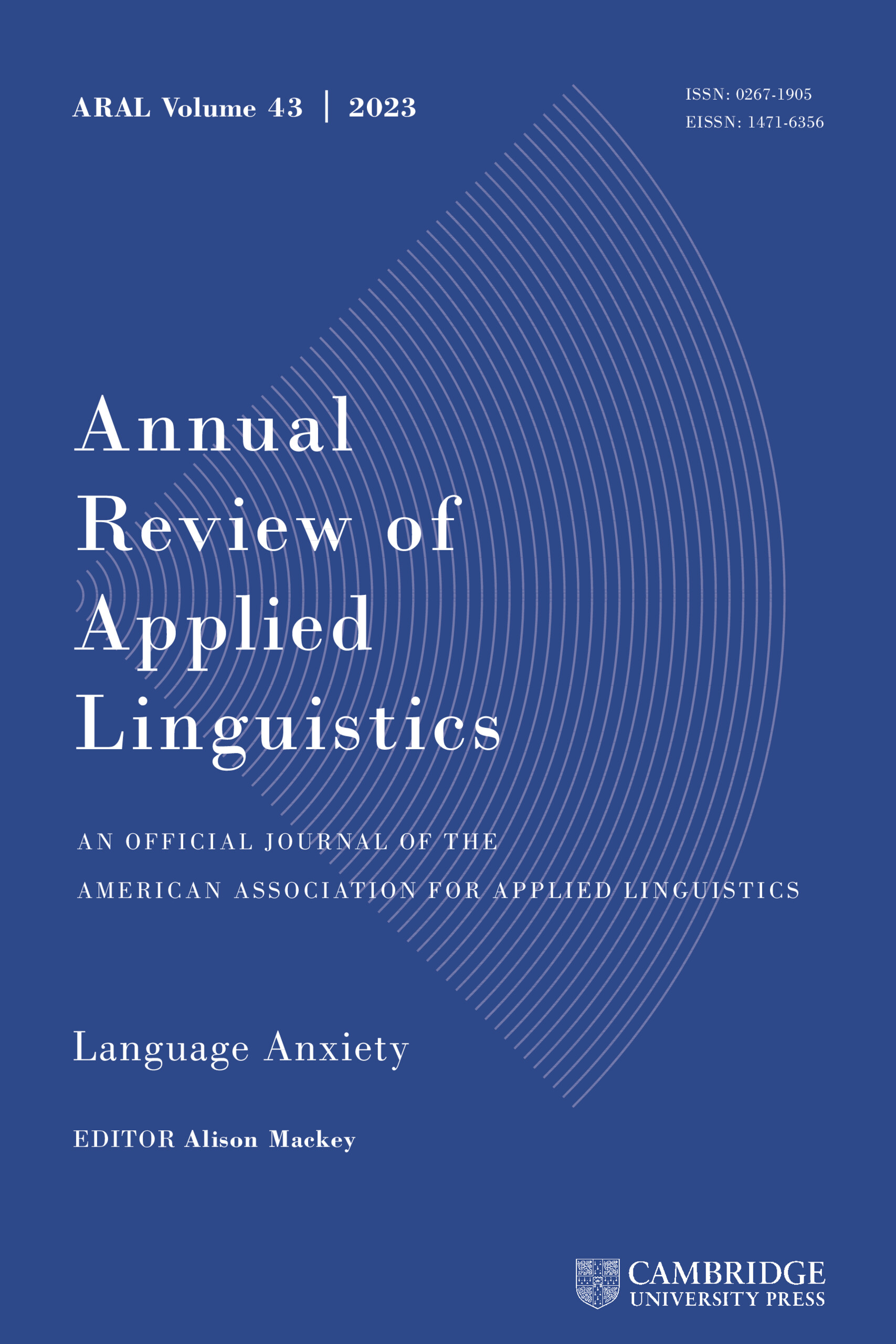No CrossRef data available.
Article contents
Toward Multilingualism as an International Desideratum in Government, Business, and the Professions
Published online by Cambridge University Press: 19 November 2008
Extract
The term “multilingualism,” or any of its partial synonyms and correlates (such as “bilingualism” or “bilingual education”), refers to so complex a field of phenomena that it should really be no surprise that it is defined or clarified in much the same way as are the constituent items of a projective test: more in accord with the latent internal dynamics of whatever “moves” the definer than in accord with the manifest external characteristics of the defined. Not only is this true if we move from culture to culture and seek to discover the dominant views about “multilingualism” in a variety of ethnocultural traditions, but it is also true if we focus on any one context, particularly one that is highly exposed to the assets and debits of rapid social change, such as the one we are in presently in the United States, and we seek to discover the dominant view about “multilingualism” from one period of time to another. Under both types of contrastive circumstances we quickly discover that “multilingualism is a sometime thing”; i.e., it is a variable rather than a constant. It is interpreted and reinterpreted, by all segments of society, in accord with larger issues, more pressing priorities that shape these segments, that move them, worry them, force them to alter their priorities. Yes, “multilingualism is a Zeitgeist thing” and “the times, they are a-changing,” particularly in the U.S.A. and the rest of the Western Democratic world.
- Type
- Introductory Essays
- Information
- Copyright
- Copyright © Cambridge University Press 1985




